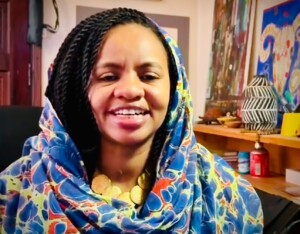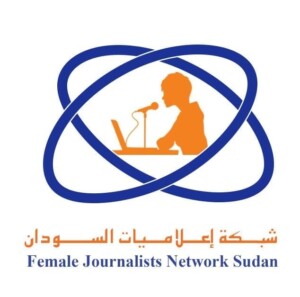Darfur: Voluntary repatriation from Chad continues
As part of a voluntary repatriation programme, about 180 Darfuri refugees who lived for years in neighbouring Chad officially returned to their places of origin in early June.
Registered in El Tina, a border town in North Darfur, the returns were managed under the auspices of Sudan and Chad refugee authorities and the UN Refugee Agency (UNHCR), the UN Office for the Coordination of Humanitarian Affairs (OCHA) reported in its latest biweekly bulletin.
Since the start of the programme in April this year, UNHCR has assisted a total of 353 refugee returns from Chad to Darfur.
 A convoy with refugees returning to Darfur from camps in eastern Chad, June 2018 (UNHCR)
A convoy with refugees returning to Darfur from camps in eastern Chad, June 2018 (UNHCR)
As part of a voluntary repatriation programme, about 180 Darfuri refugees who lived for years in neighbouring Chad officially returned to their places of origin in early June. Many of them however have to cope with an insecure situation.
Registered in El Tina, a border town in North Darfur, the returns were managed under the auspices of Sudan and Chad refugee authorities and the UN Refugee Agency (UNHCR), the UN Office for the Coordination of Humanitarian Affairs (OCHA) reported in its latest biweekly bulletin.
Since the start of the programme in April this year, UNHCR has assisted a total of 353 refugee returns from Chad to Darfur.
Returning refugees arrived at a ‘reception centre’ in El Tina town, before moving to villages in the North Darfur localities of El Tina, Saraf Omra, Karnoi, Kabkabiya, Kutum, and El Fasher.
The returnees received return packages containing essential items such as shelter tarpaulins, jerry cans and cooking utensils, and cash assistance. Food assistance for three months has also been provided by the World Food Programme (WFP).
UNHCR plans to repatriate at least 3,500 refugees to Sudan by the end of the year. The return convoys paused in June and will resume after the rainy season.
More than 300,000 Sudanese refugees remain in Chad, and UNHCR will continue to work with the governments of Sudan and Chad to facilitate their voluntary repatriation, within the framework of the Tripartite Agreement signed in May 2017 by the two governments and UNHCR.
The Recovery, Returns, and Reintegration sector of the Sudan Humanitarian Response Plan 2018 has so far received $2.1 million of the required $37.5 million.
Insecurity
The UN refugee agency works with the Sudanese government and other partners to ensure refugees return in safe and dignified conditions, the OCHA bulletin reads.
However, returnees and displaced in the camps still complain about the rampant insecurity plaguing villagers in most parts of Darfur. They say that it is often caused by roaming militiamen and the abundance of weapons –that have not been found and collected during the government’s disarmament campaign last year– as well as the danger of running into armed new settlers, mostly herders from other parts in Darfur or from Chad or Niger, in the home areas.
In end May, about 250 returnee families were forced to seek refuge in camps in North Darfur after mediation attempts with new settlers in their home villages failed. A number of the returnees came refugee camps in eastern Chad.
'Decent housing'
President Omar Al Bashir has instructed the governors of Darfur’s five states to develop appropriate housing plans for the displaced.
After meeting with a number of Darfuri native leaders in Khartoum on Thursday evening, the president said the development of fully equipped housing facilities will encourage the displaced to leave the camps.
He added that the native administration must be enabled again to carry out its roles, which include resolving inter-tribal conflicts, strengthening the ties among the various communities, and supporting voluntary return.











 and then
and then